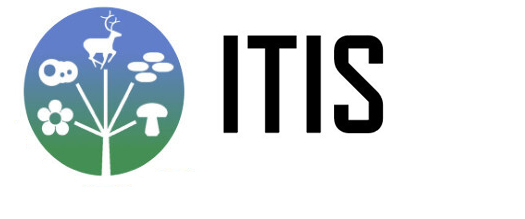References
| |
|
|
|
| |
Expert(s): |
|
|
| |
Expert: |
|
|
| |
Notes: |
|
|
| |
Reference for: |
|
|
| |
|
|
|
| |
Other Source(s):
|
|
|
| |
Source: |
|
|
| |
Acquired: |
|
|
| |
Notes: |
|
|
| |
Reference for: |
|
|
| |
|
|
|
| |
Publication(s):
|
|
|
| |
Author(s)/Editor(s): |
Beaulieu, F., A. P. G. Dowling, H. Klompen, G. J. de Moraes, and D. Walter / Zhang, Zhi-Qiang, ed.
|
|
| |
Publication Date: |
2011 |
|
| |
Article/Chapter Title: |
Superorder Parasitiformes Reuter, 1909. In: Animal biodiversity: An outline of higher-level classification and survey of taxonomic richness |
|
| |
Journal/Book Name, Vol. No.: |
Zootaxa, vol. 3148 |
|
| |
Page(s): |
123-128 |
|
| |
Publisher: |
|
|
| |
Publication Place: |
|
|
| |
ISBN/ISSN: |
9781869778507, 1175-5334 |
|
| |
Notes: |
Available online: https://www.mapress.com/zootaxa/list/2011/3148.html |
|
| |
Reference for: |
Halarachnidae |
|
| |
|
|
|
| |
Author(s)/Editor(s): |
Beron, Petar
|
|
| |
Publication Date: |
2014 |
|
| |
Article/Chapter Title: |
Acarorum Catalogus III |
|
| |
Journal/Book Name, Vol. No.: |
Superorder Parasitiformes: Order Opilioacarida (Opilioacaridae), Order Holothyrida (Holothyridae, Allothyridae, Neothyridae), Order Mesostigmata: Gamasina: Dermanyssoidea (Dermanyssidae, Macronyssidae, Halarachnidae, Railliettidae, ... |
|
| |
Page(s): |
286 |
|
| |
Publisher: |
Pensoft and National Museum of Natural History |
|
| |
Publication Place: |
Sofia, Bulgaria |
|
| |
ISBN/ISSN: |
978-954-642-7137 |
|
| |
Notes: |
Title continues as: Entonyssidae, Manitherionyssidae, Hystrichonyssidae, Dasyponyssidae), Spelaeorhynchoidea (Spelaeorhynchidae) |
|
| |
Reference for: |
Halarachnidae |
|
| |
|
|
|
|

